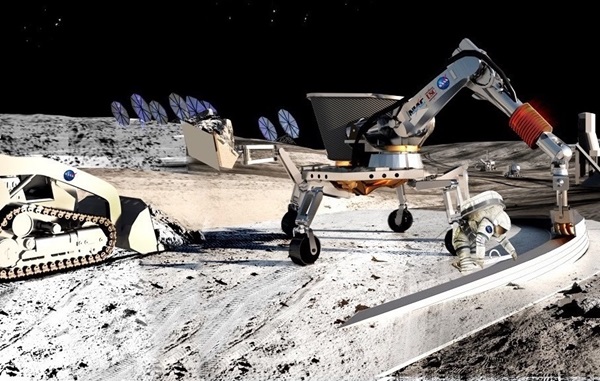 Resources in our world have always been a problem because it is limited. Fortunately we can recycle some of the waste products. %43 of the recycled waste is paper, %27 is plastic, %12 glass, %8 textile products and %4 metal. The real issue is, we can’t recycle most of them all and even if we do, we can recycle only %15 to %20 of them and also it damages economy due to its cost.
Resources in our world have always been a problem because it is limited. Fortunately we can recycle some of the waste products. %43 of the recycled waste is paper, %27 is plastic, %12 glass, %8 textile products and %4 metal. The real issue is, we can’t recycle most of them all and even if we do, we can recycle only %15 to %20 of them and also it damages economy due to its cost.
As recycle can’t afford our consumption, we can try something more expensive but more efficient like asteroid (space) mining. Asteroid mining provides same or other materials exist on Earth. If we can make it work, miners on asteroids would use techniques similar to those used on Earth. The method would be to scrape desired material off the asteroid, and tunnel into veins of specific substances. Scraping or strip mining, will pull out valuable ore that will float off the asteroid.
In addition, NASA already started their research about space mining and even launched a mission on 20 October 2020 called OSIRIS-REx that cost $1.16 billion dollars. OSIRIS-REx collected 2 kilograms of sample from the asteroid Bennu and this missions duration is planned as 7 years. OSIRIS-REx’s goal is to collect a sample weighing at least 2.1 ounces(59.5 grams) from near Earth asteroid 101955 Bennu (formerly known as 1999 RQ36) and then bring the sample to Earth.
Besides, astronauts have materials at especially in asteroids that they could use. This includes water, which can be used for drinking, creating oxygen for astronauts to breathe or create rocket fuel for their space shuttle with a little process in obtained hydrogen. Which in turn makes even more currently unimaginable space operations possible, including ones that could give the planet all the energy it needs to avert climate catastrophe.
Who knows, maybe in the long run, being able to mine resources in space will help humans to create space-based communities, and explore deeper and deeper into the universe, eventually seperate us away from an entirely Earth-based civilization. Maybe it is doesn’t sound realistic in our time, but it can be possible in future.

